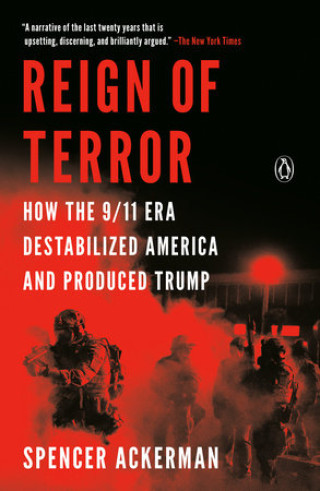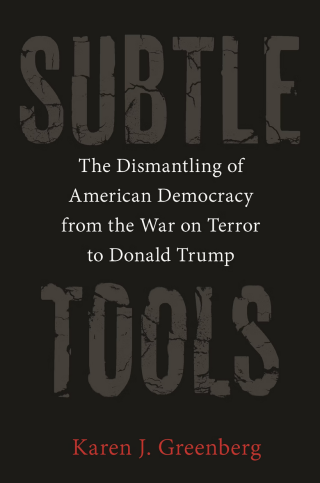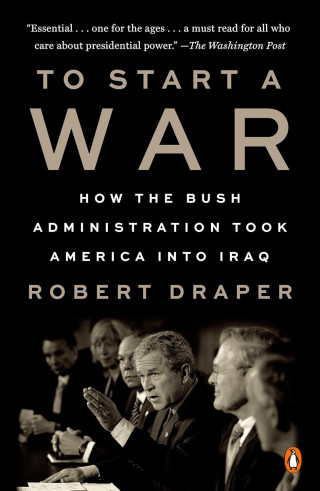Rather than exemplify the nation’s highest values, the official response to 9/11 unleashed some of its worst qualities: deception, brutality, arrogance, ignorance, delusion, overreach and carelessness. This conclusion is laid bare in the sprawling literature to emerge from 9/11 over the past two decades — the works of investigation, memoir and narrative by journalists and former officials that have charted the path to that day, revealed the heroism and confusion of the early response, chronicled the battles in and about Afghanistan and Iraq, and uncovered the excesses of the war on terror. Reading or rereading a collection of such books today is like watching an old movie that feels more anguishing and frustrating than you remember. The anguish comes from knowing how the tale will unfold; the frustration from realizing that this was hardly the only possible outcome.
Whatever individual stories the 9/11 books tell, too many describe the repudiation of U.S. values, not by extremist outsiders but by our own hand. The betrayal of America’s professed principles was the friendly fire of the war on terror. In these works, indifference to the growing terrorist threat gives way to bloodlust and vengeance after the attacks. Official dissembling justifies wars, then prolongs them. In the name of counterterrorism, security is politicized, savagery legalized and patriotism weaponized.
It was an emergency, yes, that’s understood. But that state of exception became our new American exceptionalism.
It happened fast. By 2004, when the 9/11 Commission urged America to “engage the struggle of ideas,” it was already too late; the Justice Department’s initial torture memos were already signed, the Abu Ghraib images had already eviscerated U.S. claims to moral authority. And it has lasted long. The latest works on the legacy of 9/11 show how war-on-terror tactics were turned on religious groups, immigrants and protesters in the United States. The war on terror came home, and it walked in like it owned the place.
“It is for now far easier for a researcher to explain how and why September 11 happened than it is to explain the aftermath,” Steve Coll writes in “Ghost Wars,” his 2004 account of the CIA’s pre-9/11 involvement in Afghanistan. Throughout that aftermath, Washington fantasized about remaking the world in its image, only to reveal an ugly image of itself to the world.
The literature of 9/11 also considers Osama bin Laden’s varied aspirations for the attacks and his shifting visions of that aftermath. He originally imagined America as weak and easily panicked, retreating from the world — in particular from the Middle East — as soon as its troops began dying. But bin Laden also came to grasp, perhaps self-servingly, the benefits of luring Washington into imperial overreach, of “bleeding America to the point of bankruptcy,” as he put it in 2004, through endless military expansionism, thus beating back its global sway and undermining its internal unity. “We anticipate a black future for America,” bin Laden told ABC News more than three years before the 9/11 attacks. “Instead of remaining United States, it shall end up separated states and shall have to carry the bodies of its sons back to America.”


